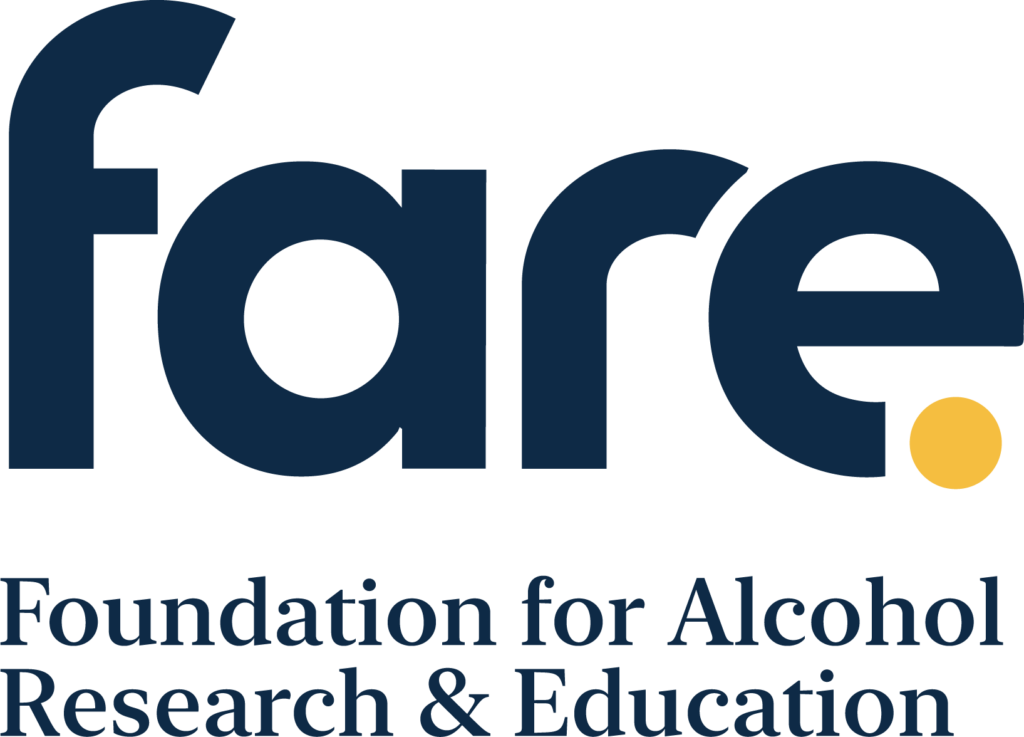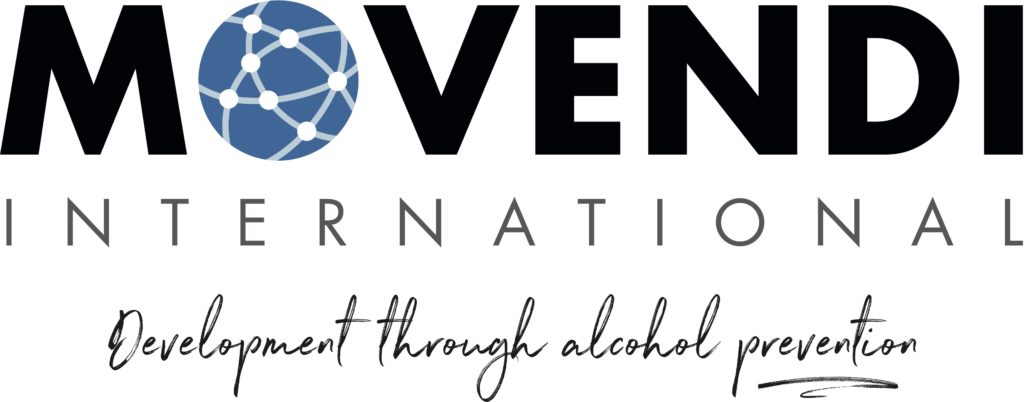Alcohol companies and their lobby groups are systematically working to undermine and water down global alcohol policies that would reduce the harms associated with their products, according to a new report.
The report from the Centre for Alcohol Policy Research (CAPR) at La Trobe University, released today by the Foundation for Alcohol and Research Education (FARE), found that Big Alcohol deliberately worked to water down the World Health Organization’s (WHO) draft Global alcohol action plan 2022-2030 to strengthen implementation of the WHO Global Alcohol Strategy (the Action Plan).
In 2010, the WHO released the Global Alcohol Strategy. However, in 2020, the WHO commenced the development of the Action Plan after progress on the Global Alcohol Strategy had been largely absent.
The alcohol companies and their lobby groups made 60 submissions to the consultation on the Action Plan, making up nearly a quarter (24 per cent) of all submissions.
Many of these submissions made misleading claims and misrepresented evidence in an attempt to cast doubt on public health measures that are proven to prevent and reduce the harms from alcohol. The analysis found:
- Nearly all these submissions (90%) called for greater alcohol company involvement as a stakeholder/partner in reducing alcohol harms and policymaking;
- More than half (56%) of the submissions cast doubt on the WHO ‘SAFER’ initiative – evidence-based policies that target the price, availability and promotion of alcohol products, as well as policies to improve health services and prevention of driving under the influence of alcohol.
The report also found that only 36% (17) of these submissions referenced any specific evidence to support their arguments, and of these, ten misinterpreted the evidence, and nine promoted weak evidence.
CAPR Distinguished Professor, Professor Robin Room, said that the findings show that alcohol companies and their lobby groups are using well-known tactics to water down health policy.
In terms of the use of evidence, our analysis identified alcohol industry actors employing practices of misrepresentation, misinterpretation and promotion of weak evidence over stronger evidence, as researchers looking at policy submissions elsewhere from the industry have also found,” Professor Room said.
CAPR Distinguished Professor Robin Room
The WHO has released a revised draft of the Global Action Plan. FARE compared the Working Document and third draft of the Global Action Plan and found changes consistent with recommendations made by alcohol companies and their lobbyists, including:
- A decreased emphasis on implementing the SAFER initiative – evidence-based policies that target the price, availability and promotion of alcohol products, as well as policies to improve health services and prevention of driving under the influence of alcohol, and
- Changing actions relating to alcohol marketing, enabling alcohol companies to set their own standards and rules rather than governments.
FARE CEO, Ms Caterina Giorgi, said that alcohol companies have been lobbying for decades to minimise health concerns and delay effective measures to prevent and reduce the harm from alcohol.
Alcohol causes considerable harm to millions of people across the world, which is why strong global action is needed to ensure that governments are doing all they can to reduce the harm from alcohol,” Ms Giorgi said.
In Australia, we’ve seen alcohol companies fight for 20 years against pregnancy health warnings. We’ve seen them attempt to water down the National Alcohol Strategy and stall the release of the National Alcohol Guidelines. We’re now seeing their efforts to weaken Food Standards Australia New Zealand (FSANZ), the independent agency that oversaw the process for the development of pregnancy health warnings.
Alcohol companies have proven time and time again that they only engage to weaken efforts by governments to protect the health and wellbeing of the community. They should have no role in the development of health policy.”
Caterina Giorgi, CEO, FARE
Movendi International President, Ms Kristina Sperkova, said that the global alcohol industry is doing everything it can to derail the WHO effort to accelerate action on alcohol as a public health priority.
Countries around the world report that alcohol industry interference is the biggest reason for lack of progress in reducing the alcohol burden. The alcohol industry is undermining the science and misleading the public on the harms associated with their products,” Ms Sperkova said.
After a lost decade for alcohol policy progress, the alcohol industry should not be allowed any longer to disguise the fact that their products cause cancer, are toxic, addictive, and teratogenic. The alcohol industry has a fundamental conflict of interest, and the WHO should protect its health policy formulation processes from alcohol industry interference.”
Kristina Sperkova, International President, Movendi International
The WHO is due to consider the Global Action Plan at the 150th session of the Executive Board of WHO held between 24 and 29 January 2022.
Notes to the editor
About FARE
The Foundation for Alcohol Research and Education (FARE) is the leading not-for-profit organisation working towards an Australia free from alcohol harms. FARE does this through developing evidence-informed policy, enabling people-powered advocacy and delivering health promotion campaigns.
About Movendi International
With 135 Member Organization from 54 countries, Movendi International is the largest independent global movement for development through alcohol prevention. Movendi International unites, strengthens and empowers civil society to tackle alcohol as serious obstacle to development on personal, community, societal and global level.
About the World Health Organization process to develop a global alcohol action plan
The World Health Organization (WHO) is conducting an extensive consultation process to develop a global alcohol action plan to accelerate action on alcohol harm is public health priority – an urgent need according to WHO Member States.
But the alcohol and tobacco industries are interfering in the process to develop the action plan.
While the policy development process is a unique chance to make alcohol policy the priority it should be, the process also highlights WHO’s vulnerability to increasing alcohol industry interference.

